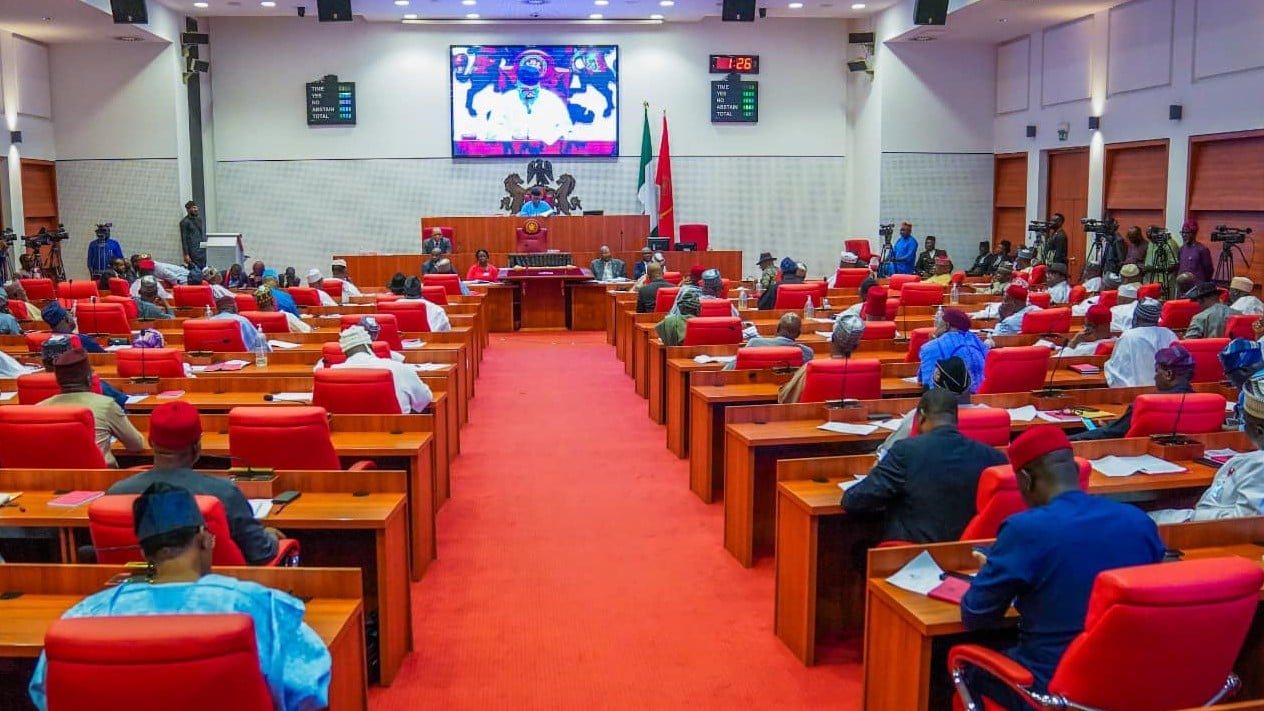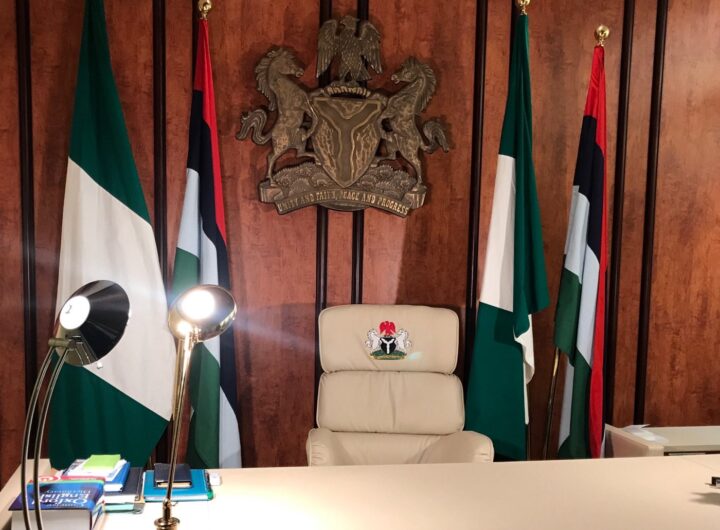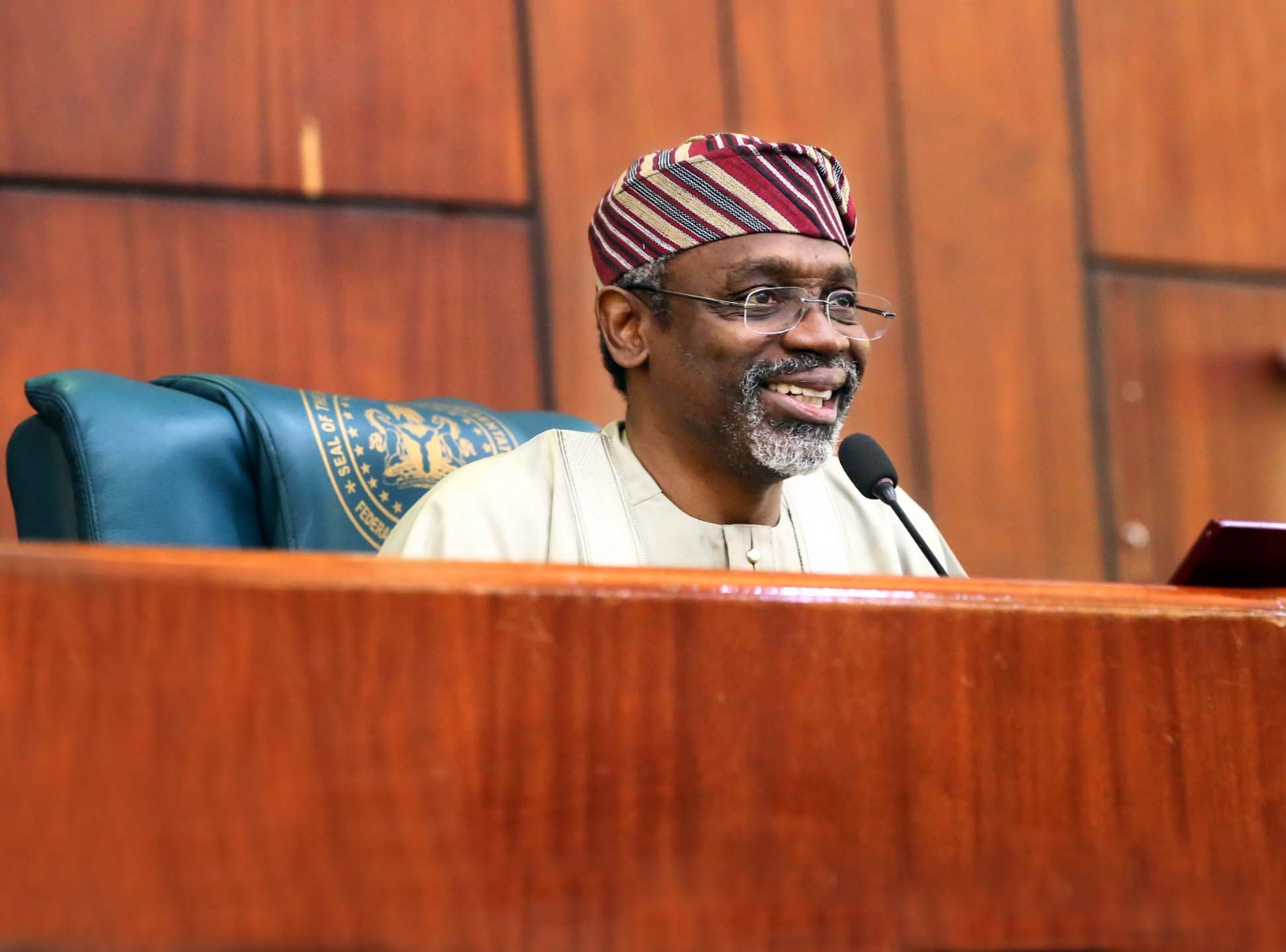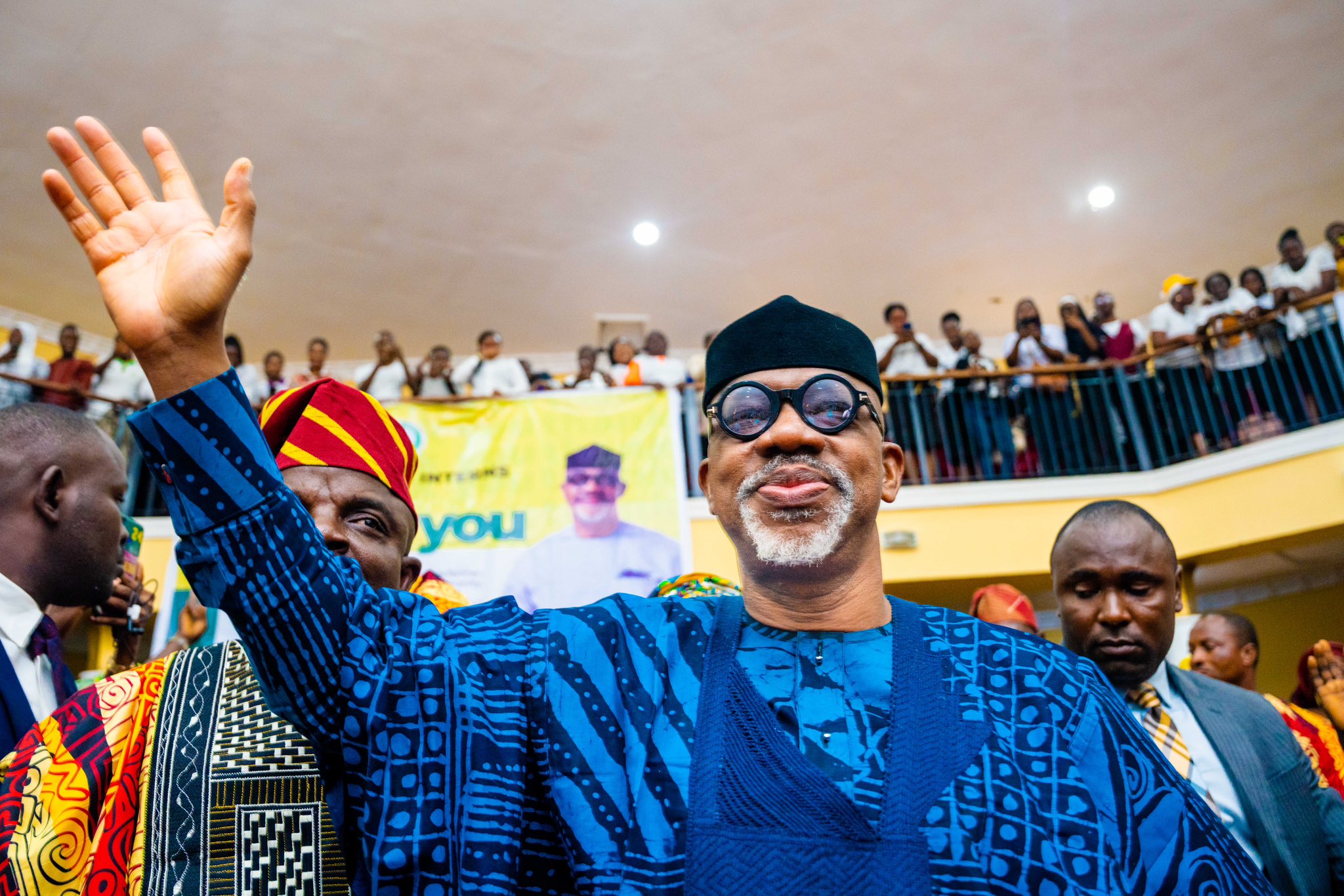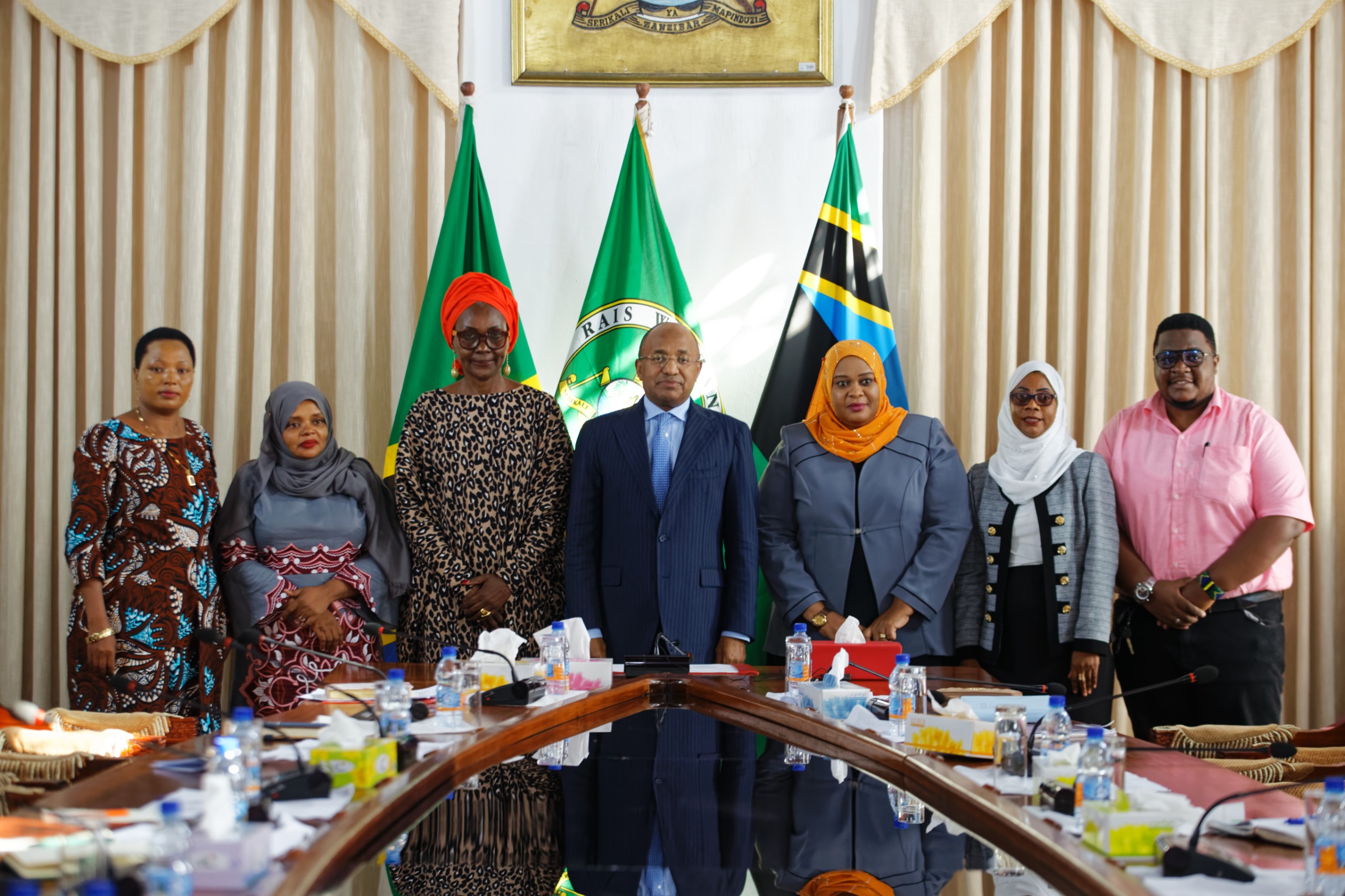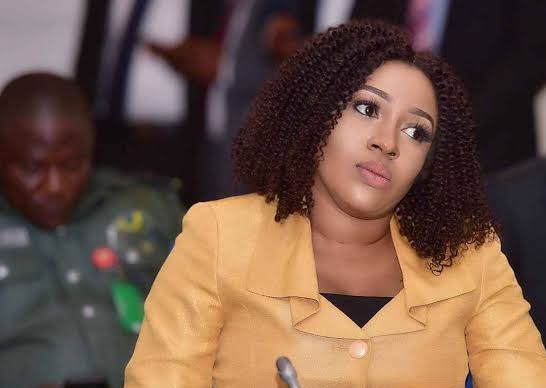BY ISMAIL MUDASHIR
For four days, 33 presiding officers of the parliaments of 25 countries converged in Kampala, Uganda, for the 27th Conference of Speakers and Presiding Officers of the Commonwealth (CSPOC).
CSPOC was created in 1969 as an initiative of the then Speaker of the House of Commons of Canada, the Honourable Lucien Lamoureux, to strengthen parliamentary institutions by bringing together Speakers and Presiding Officers from across the Commonwealth countries.
Declared open by the president of the Republic of Uganda, H.E. Yoweri K. Museveni, this year’s conference was held at the Commonwealth Resort Munyonyo, Kampala, from January 3rd to 6th.
Advertisement
Topics of discourse at the conference focused on the environment and climate change, diverse and inclusive parliaments, security for parliaments and the role of speakers and presiding officers in building consensus for parliamentary business.
The deputy president of the senate of the Federal Republic of Nigeria, Senator Barau I. Jibrin, presented a paper during a special plenary session titled, ‘Building Consensus for Parliamentary Business: The Role of Speakers and Presiding Officers’.
During the session, which was held on Saturday, the presiding officers took turns to share experiences on how best to build consensus for rancour-free parliaments.
Advertisement
The speaker of the Parliament of Uganda, Anita Annet Among, chaired the session while the deputy chairman of the Rajya Sabha, India, Hon. Harivansh Narayan Singh, was the keynote speaker.
Setting the tone for the discussion, Hon. Singh said consensus building is crucial to the success of a parliament, and urged all the presiding officers to always promote it.
According to him, the flexibility of the parliament to accommodate diverse opinions is the hallmark of the legislature. Thus, he said all shades of opinion need to be carried along.
Delivering his paper, Senator Barau said the role of presiding officers in building consensus for parliamentary business is multifaceted and essential.
Advertisement
Represented by the chairman of the Senate Committee on Inter-Parliamentary Affairs, Senator Jimoh Ibrahim, Barau described the role of presiding officers as a complex tapestry woven from order, fairness, consensus and leadership.
Barau stated: “These individuals stand as champions of democracy, ensuring that the voices of the people are heard, respected and reflected in the legislative process. In an age of rising political polarization, their ability to build bridges, broker compromises and foster collaboration is more vital than ever.
“It is through their dedication and skill that parliaments can truly embody the very spirit of democracy, a testament to the power of dialogue, consensus and the collective will of the people.
“By delving deeper into this multifaceted role, a greater appreciation for the critical contribution of speakers and presiding officers to the health and vibrancy of our democratic systems is upheld. Their tireless efforts lay the foundation for a future where diverse voices are heard, compromises are forged, and the common good prevails.”
Advertisement
To strengthen the parliament, he advocated for the enhancement of social capital networking between the presiding officers and other lawmakers.
“The issue of the social capital network is very significant. As a leader, you ought to improve your social capital network. For example, our coming to gather here today has developed a lot of social capital networks on which we can capitalise and have a very robust parliament.
Advertisement
“The same thing at home; Parliamentarians and leaders of the assembly should ensure that they develop a social capital network. This will be very important. As Madam Speaker has said, it is about trust and personal relationships. They are very key points that I will take home,” the deputy president of the Nigerian Senate stated.
Impressed by the quality of Senator Barau’s presentation, the president of the senate of Grenada, Hon Dessima Williams, threw her weights behind the paper, saying presiding officers will learn a lot from it.
Advertisement
For the speaker of the Kenyan Parliament, Rt. Hon. Wetangula Masika, a level playing ground must be provided to all.
Masika, who has been in the parliament since 1992, said presiding officers must strive to give room to everybody. He said in parliament, unlike in a religious gathering, there are bound to be dissenting views on issues, thus consensus must be reached.
Advertisement
Stressing the need for capacity building, he said: “Young parliamentarians should be tutored on the process of law-making to enhance their understanding of the legislative arm of government”.
Supporting Masika’s position on mentoring, the speaker of the Ugandan parliament, Rt Hon. Anita Annet Among, said capacity-building is very important, adding: “And of course, equity. Equity is essential in the management of the parliament”.
“The caucuses should be given the mandate to help the presiding officer in ensuring consensus. If you disagree, you do it respectfully. Presiding officers should work together with the whip of the opposition to attain harmony and, carefully the timetable of debates should be designed to accommodate all. You should be mindful of the minority. They should be carried along. We should not be rigid,” she said.
Sharing the experience of his country, the speaker of the Parliament of the Co-Operative Republic of Guyana, Hon. Manzoor Nadir, advocated the adoption of minority, saying the use of the word ” opposition” breeds crisis.
“Our experience between 1980 and 1992 shows that the word ‘opposition’ is denigrating, hence we changed it to minority. It is a very dynamic issue,” he said.
Contributing, the speaker of the National Assembly of Zambia, Rt. Hon. Nelly Mutti said the presiding officers must be facilitators and moderators for harmony in the parliament.
She also called for a change in the nomenclature of the opposition caucus, saying if you call them opposition members, they will always oppose you.
“We call them opposition but by way of building consensus, we should change it from opposition to minority. The nomenclature ought to be changed. If we call them opposition, they will always oppose you but if you call them minority, it would be better. We build consensus as we go along,” she said.
Talking about the South African experience, a member of the country’s parliament said grey areas are often addressed at the Chief Whips’ forum.
The South African delegation was led by the chairperson of the National Council of Provinces, Hon Nkosiyakhe Amos Masondo.
“Weekly, we have the chief whips’ forum, where we meet to look at the programmes and items that will come to the house and to be discussed. Because if we don’t do that we may come to the house and be fighting. It makes it easier for the presiding officers.
“The order is determined by the office of the speaker and brought to us for discussion at the chief whips’ forum,” she said.
The lawmaker said time is allocated during a debate to caucuses of political parties as per the number of seats they occupy.
Mudashir is the special adviser to the deputy president of the senate on media and publicity.
Views expressed by contributors are strictly personal and not of TheCable.
